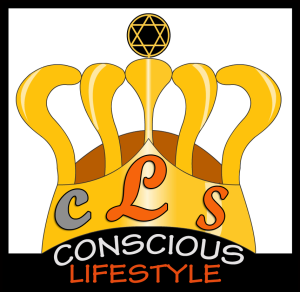Blog
Why do we have two beginnings of year on a Hebrew calendar
- January 4, 2014
- Posted by: admin
- Category: Agricultural system Bible study - Scriptures God's temple/Tabernacle Israel Political system
Why is the beginning of the year on Rosh Hashannah falls in autumn (September/November),
When the first month of a year given in the Scripture by God is March?
You see the – Rossh Hashanah New year falls 7th called Tishrei (Hebrew calendar) which falls around Autumn –
Autumn – September/November:
In this season the garden in Eden brought forth it’s natural resources and agricultural plants etc, and it was handed over to Adam as his responsibility on Rosh -Hashanah – Genesis 2:8-20. –
So this became the beginning of a new year on the Jewish calendar, and a new year begins in the seventh month called Tishrei (september/November).
Also know as the beginning of the agricultural year.
Spring time – March/April:
Exodus 12:1-2
Now the Lord spoke to Moses and Aaron in the land of Egypt, saying
This month shall be your beginning of months; it shall be the first month of the year to you.
But the beginning of months starts with Nisan which falls around March or April, because this is when Adam and Eve sinned by eating from the tree of knowledge of good and evil.
So this also became the beginning of obedience, the beginning of coming out of Egypt, so that Israel may begin to keep the calendar of God beginning with the month of Nisan.
On Passover (which falls in Spring time), God told Moses that now the children of Israel will forsake the following of the Egyptian calendar which they were living under as slaves, and from that Passover (on the evening of 14th of Nisan) God told Moses let them begin to follow the months on God’s calendar beginning with Nisan.
Article written by Apostle Ngabo, question asked by a YouTube member
